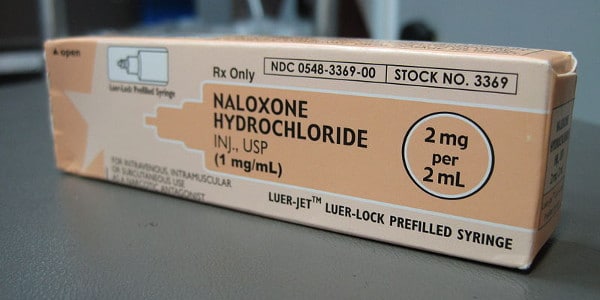With heroin use increasing in Alabama the last few years, public health leaders are looking for ways to reduce heroin overdose deaths. Naloxone could be part of it.
The drug, more commonly known as Narcan, can reverse the effects of a heroin overdose if administered to a user in time. It’s not addictive nor does it produce a high. State Representative Allen Treadaway (R-Morris) refers to it as a miracle drug. Treadaway is also a Birmingham police captain and he’s introduced HB 208 in the Alabama legislature to expand access to Naloxone.
First, the bill would allow a doctor or dentist to prescribe Naloxone to individuals struggling with heroin addiction or to someone who is in close contact with that person. That way the drug could be available should an overdose occur.
Secondly, the bill would allow police officers to carry Naloxone and administer it in the event of an overdose. Treadaway said that change could make a difference particularly for rural law enforcement.
“They’re the first ones on the scene, sometimes 20 or 30 minutes before any medical personnel can reach the scene,” said Treadaway. “It’ll allow for medical personnel to get to the scene and get the individual transported to a medical facility.”
Twenty-eight states have some form of Naloxone access laws.
Treadaway said there was some apprehension from the law enforcement community that the use of the drug, along with the expense, would be mandated. The bill allows the use of Naloxone, but doesn’t require it.
“To be able to have something [that requires] minimal training to administer and can save a life, I can tell you it’s something I would chose to carry,” said Treadaway.
Treadway says reaction from other lawmakers has been positive. He expects HB 208 to be brought up in committee on Wednesday.

